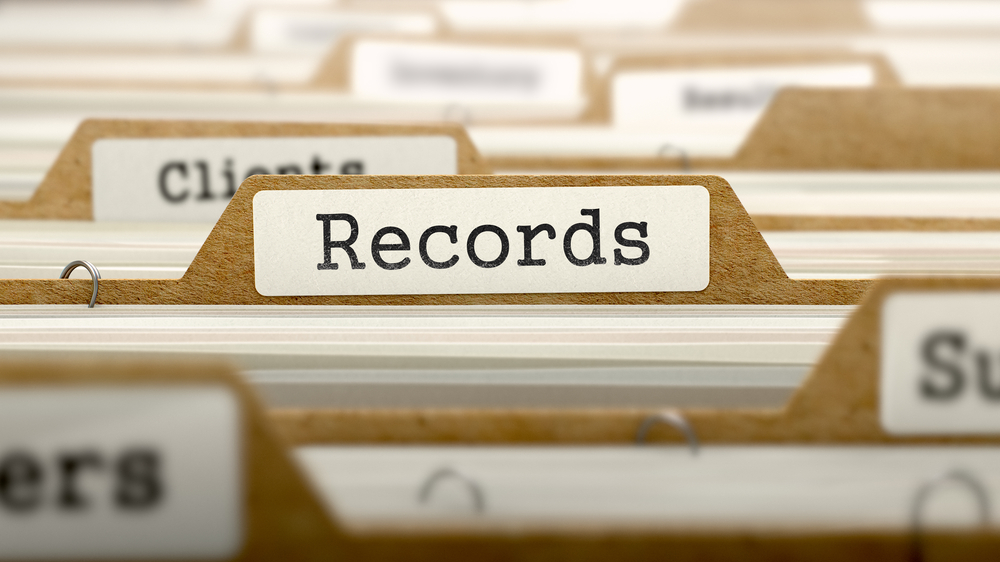Your estate planning documents should be cared for appropriately. Any damage to the original document, whether unintentional (e.g., spills, rips, etc.) or not (e.g., writing on it, crossing out changes) may actually invalidate the document. Most states will not accept a copy of the Will and will require the original document to be located to probate it (unless certain circumstances around the missing original document can be explained to a judge’s satisfaction). Some suggestions on the storage of the document would be as follows:
- Place the original documents in a safe or a fireproof box located in your home where your primary and secondary Personal Representatives have knowledge of its location and access to a code or key necessary to open the safe or a fireproof box.
- I caution clients about the use of a safe deposit box at a bank. While these are secure locations, if the box owners have passed away, if no owner is surviving, it takes a court order to have the box drilled open. This can lead to both court expenses and bank expenses and a delay in the administration of your estate.
- For older clients, giving your estate planning documents to your named Personal Representative may be the appropriate decision. That way when the Personal Representative needs the original documents, he or she already has them.
- And remember, when you make a new Will in the future, it is important to locate the original Will to destroy it after the new Will is made.
- At your next doctor’s appointment, bring copies of your Health Care Proxy, HIPAA Release and Expression of Intention Regarding Health Care and ask if your doctor’s office will keep copies of these documents in their system.
Copies of your Estate Planning Documents
We can provide you with additional copies of these documents at any time. If possible, do not un-staple the original documents that we provide to you. Doing so creates the appearance that the document may be altered and pages tampered with. Keep track of the number and location of any copies of the Will. If you sign a new Will in the future, you will want to retrieve all copies of the prior Will to ensure they are destroyed and not later submitted to probate.
Reviewing your Estate Planning Documents
- Review and consider updating your Will when you or anyone in your family is married, divorced, a new child is born, a member of your family passes away or becomes incapacitated, a retirement, or a significant change in financial circumstances.
- Every year or two, open up your binder of estate planning documents and give them a quick read paying close attention to the people you have nominated as agent, health care proxy, personal representative, and guardian.
- A Power of Attorney can be difficult to revoke. You may not want to give this document to your named agent unless you can place utmost faith in them. If you do decide to revoke a power of attorney, not only would you want to destroy the original document and copies, but you also need to provide notice to the named agent, and to any banking institution or broker where you have an account, that the Power of Attorney has been revoked. If you gave the original Power of Attorney to the agent to use, upon revocation you should insist that the agent returns the original document to you.
If you are ever unsure about these general guidelines and how they may apply to your specific situation, we urge you to just pick up the phone and give us a call at (781) 848-0040.
This blog is made available for educational purposes only as well as to give you general information and a general understanding of the law, not to provide specific legal advice. By reading this blog you understand that there is no attorney client relationship between you and Lane, Lane & Kelly, LLP.

Matthew B. Lane
Matthew is an Attorney at Lane, Lane & Kelly, LLP. Matthew attended Rensselaer Polytechnic Institute obtaining his undergraduate degree in Business & Finance in 2016, graduating with Magna Cum Laude honors, and later graduated from Suffolk University Law School in May 2025 with Cum Laude Honors. Matthew primarily practices in the areas of Estate Planning, Probate & Trust Administration, and Real Estate Conveyancing.


